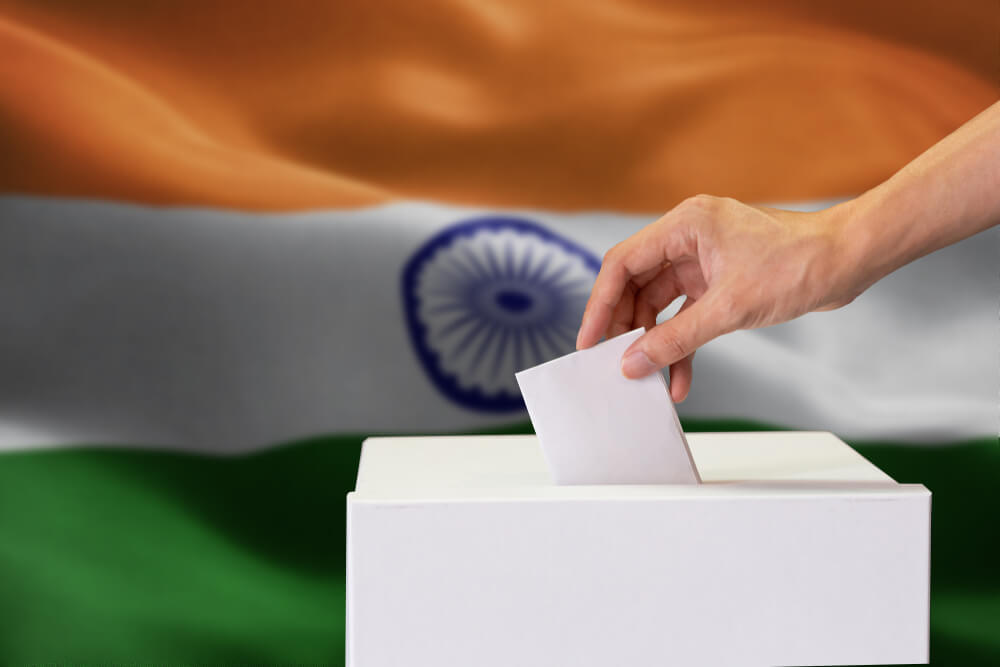19/05/2024
19/05/2024

INDIA, May 19: The Election Commission of India (ECI) has announced a significant crackdown on illegal vote inducements during the country's ongoing general election, seizing assets totaling 88.9 billion rupees, equivalent to approximately $1.1 billion. According to a press release from the Indian government's Press Information Bureau issued on Saturday, the ECI's rigorous efforts have led to extensive seizures, encompassing drugs, cash, precious metals, liquor, and other goods.
The press release emphasized the Election Commission's unwavering commitment to eradicating any attempts to influence voters through inducements. It highlighted that the total value of seizures in the current election has already exceeded the amount seized throughout the entire 2019 general election. Notably, drugs accounted for 45% of the value of the confiscated items.
As the general election, which commenced on April 19 and concludes on June 1, progresses, anticipation builds for the announcement of the winner on June 4. The Bharatiya Janata Party (BJP), led by Prime Minister Narendra Modi, is widely expected to secure victory once again, potentially securing Modi's third term as prime minister.
India's general election stands as the world's largest democratic exercise, with nearly 970 million eligible voters. Under Modi's leadership, India has ascended as a prominent global power, surpassing the UK to become the fifth-largest economy globally. Additionally, India has strengthened ties with the United States, positioning itself as a crucial ally in the context of geopolitical dynamics, particularly regarding relations with China.
However, critics of Modi and the BJP have raised concerns about divisive policies, particularly regarding minority groups in India. The Economist Intelligence Unit expressed apprehensions about the BJP's reelection, citing the potential deepening of communal rifts within the country due to the party's Hindu-nationalist agenda. Despite such concerns, the report suggested that India's vast market and burgeoning economy would continue to attract multinational interests, potentially overshadowing domestic communal considerations.


